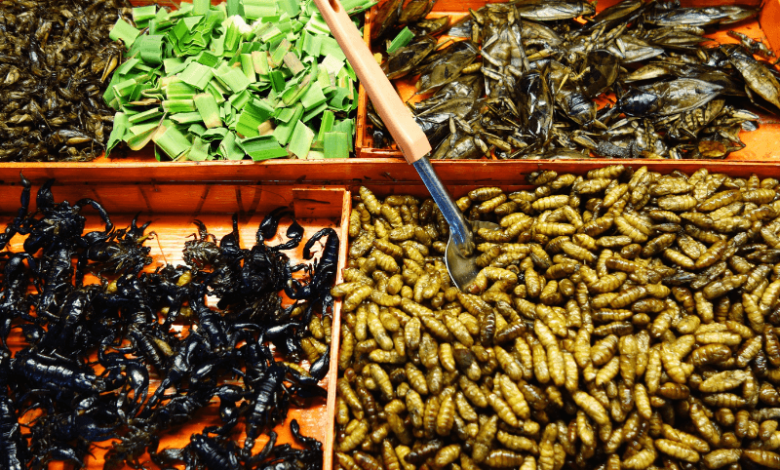Singapore approves 16 insects as safe for human consumption: Is it the right thing to do?

Singapore has approved 16 species of insect as safe for human consumption, including crickets, grubs, moth larvae and one species of honeybee. It comes as the UN Food and Agricultural Organisation (FAO) continues to promote insect consumption as a more sustainable choice.
Skye Blackburn, an entomologist and food scientist advocating for insect consumption and selling insect-based products, called it “really amazing” to see that Singapore has such a big list of species approved to be eaten as food, reported The Guardian.
But aren’t bees endangered?
Insects are consumed in 128 countries, according to a study published this year in Scientific Reports. In India, Thailand, China and DR Congo, hundreds of species of insect are eaten. Brazil, Japan and Cameroon each eat 100 or more species.
It seems restaurants in Singapore can import several creative insect recipes from across the globe. Insect products are sold in numerous different countries’ restaurants, supermarkets, markets and even from vending machines. The EU is in the process of approving more insects.
But aren’t bees endangered and desperately needed to maintain the planet’s basic life systems? Blackburn notes that almost all bees consumed are drones or male bees – the ones that are usually removed from hives to take care of pest infestation. They also don’t have stings.
Insect consumption is a sustainable choice. But could you already be eating insects?
The UN is rapidly advocating for insect consumption as they are a much more sustainable source of protein than livestock. Insects also have a high “conversion rate” – implying they are efficient at converting plant energy into protein.
Insects can also be farmed indoors, use less space and resources, and produce relatively less emissions. Since they can also be farmed in rural and urban areas in smaller rooms, they can be a source of income for people having less land or the training needed to farm livestock.
Could you already be eating insects? If you eat animals, they may have eaten insect protein. If you have eaten food dyed red, you may have eaten carmine – a dye produced from cochineal bugs. But companies should make it clear on packaging if their product contains insects.
READ MORE : Nato member states’ 2023 military spending produced 233 million metric tonnes of greenhouse gas



